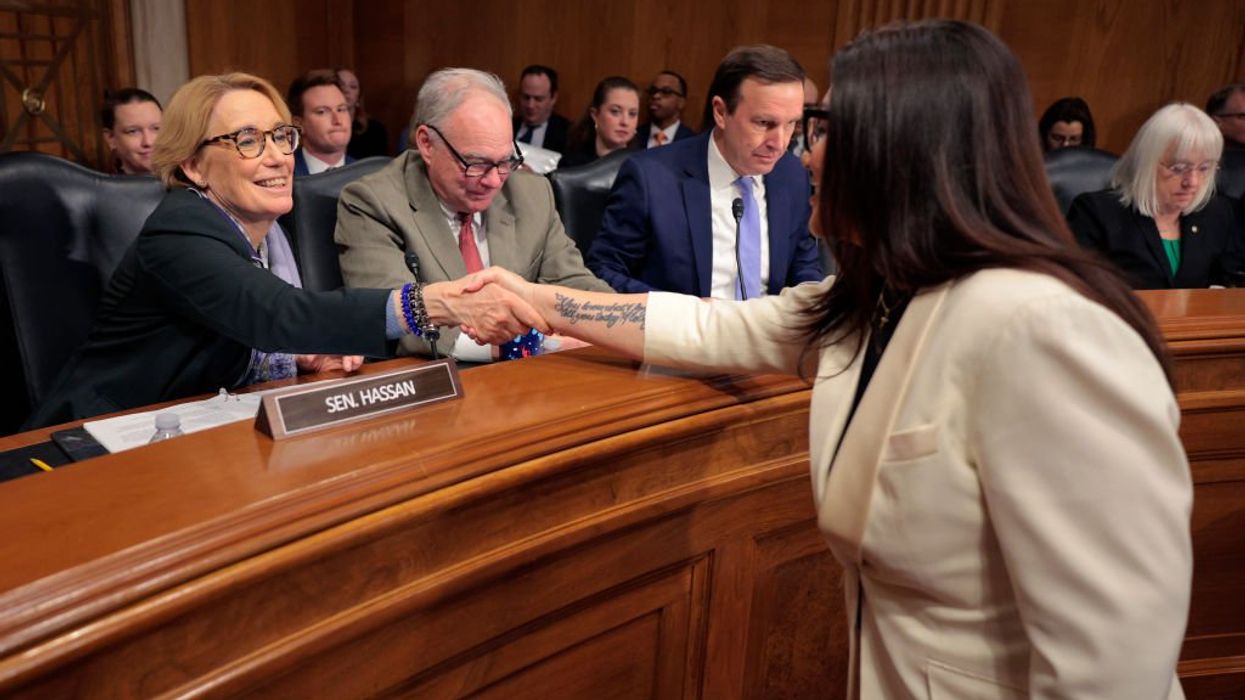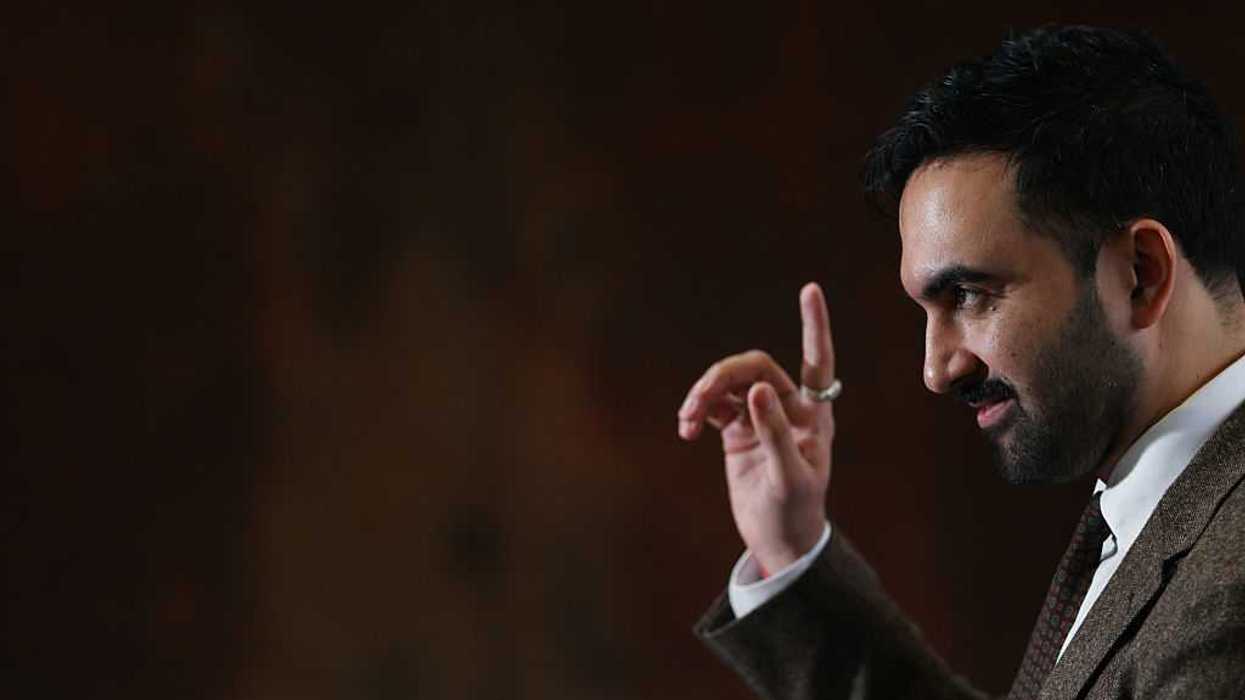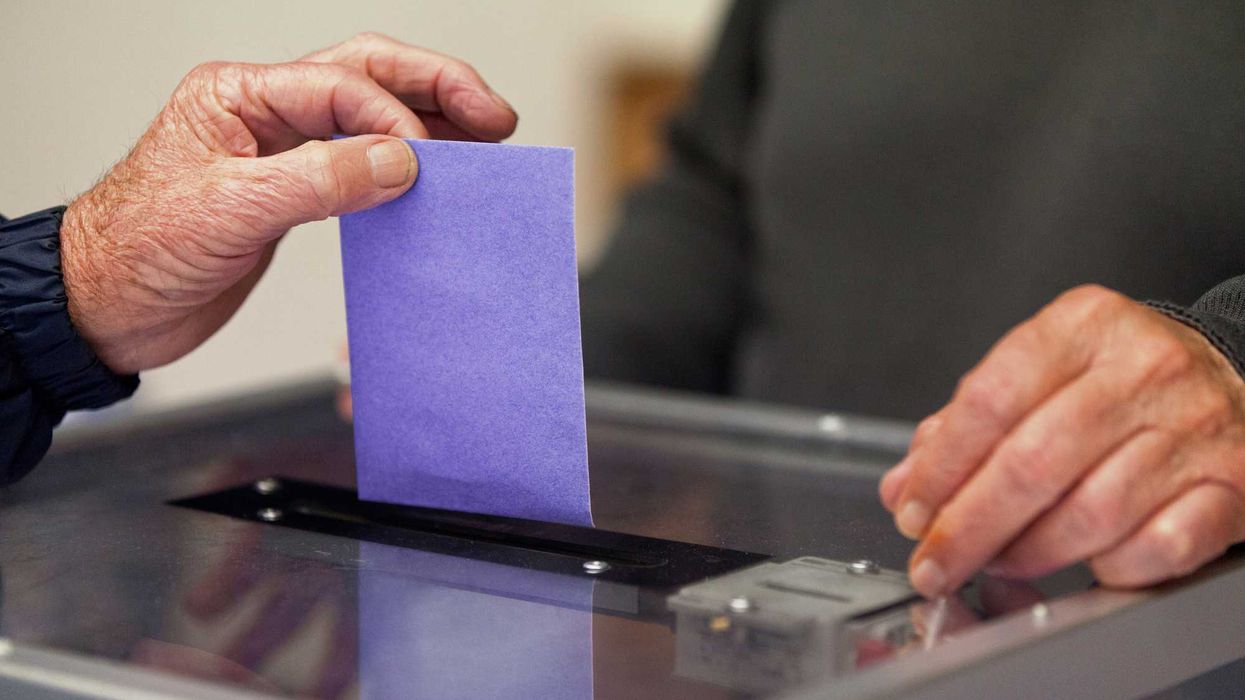Senator Maggie Hassan (D-N.H.) is the most bipartisan member of Congress per the rankings of multiple organizations.
According to the Pew Research Center, 61 percent of Americans in 2023 stated that having political conversations with those who have different political beliefs are “stressful” and “frustrating,” a 10 percent increase from 2016. But Sen. Hassan said the best way she finds common ground with her colleagues, regardless of political affiliation, is to discuss what they are hearing from their constituents since she finds Americans across the country are experiencing many problems.
“The common concerns, hopes, and dreams of the American people are a great starting point for bipartisan work,” Sen. Hassan stated in an email.
Four different organizations have ranked Sen. Hassan among the most bipartisan members of Congress.
The Common Ground Committee ranked Sen. Hassan the most bipartisan member of the Senate along with the first to achieve a perfect score on their annual scorecard in 2024. The committee ranks all members of Congress and governors on a 0 to 100 scale based on how much elected officials find “common ground” with other politicians.
“She is the best example, the kind of politician we want to highlight, striving each day to find solutions for the biggest problems our country is facing,” Common Ground Committee Cofounder Erik Olsen stated in a press release.
Another organization calling Sen. Hassan one of the most bipartisan senators is The Lugar Center and Georgetown University’s McCourt School, according to the Bipartisan Index (BPI) findings from the first session of the 118th Congress in 2023. Sen. Hassan ranked third out of 100 senators, behind Senators Susan Collins (R-Maine) and Gary Peters (D-Mich.).
Sen. Hassan said she gets her bipartisanship due to growing up in a family of Democrats and Republicans, as her mom grew up in New England and her dad in the Deep South. She said her family had “vigorous” but “good natured” arguments about the role of government.
Sen. Hassan added that her dad fought in World War II, including surviving the Battle of the Bulge, and reminded her members of his platoon that all differed “significantly” in their politics but shared their love of freedom.
She also said she is a mom of a son with “severe disabilities,” as he was born with cerebral palsy. Since disability can strike any family at any time, Sen. Hassan said there are people of “all political persuasions” who are able to come together and support families like hers.
“As long as we love our country, and share a commitment to freedom, we can solve any problem,” Sen. Hassan said.
Specifically, Sen. Hassan said she works to make bipartisan progress by “protecting” Americans from “surprise” medical bills and lowering the costs of outpatient care related to banning certain hospital facility fees.
In 2020, Sen. Hassan helped pass bipartisan legislation to stop surprise medical billing.
The No Surprises Act went into effect in 2021, and in its first year, it stopped nine million medical bills. She also “successfully” secured a provision in the end-of-year government funding bill to address the opioid epidemic and increase access to lower-cost medications in 2022.
First, a provision from the Mainstreaming Addiction Treatment (MAT) Act was added to increase access to addiction treatment by allowing medical practitioners to prescribe “life-saving medication assistance” for those with opioid use disorder. This bill was first introduced by Sen. Hassan along with Sen. Lisa Murkowski (R-Alaska) and Reps. Michael Turner (R-Ohio) and Paul Tonko (D-N.Y.) in the House of Representatives.
For access and more transparency to lead to lower-cost medications, provisions from the Interchangeable Biologics Act, Biologies Market Transparency Act, and Enhanced Access to Affordable Medicines Act were made. All of these policies were introduced alongside a number of Republicans.
“The bipartisan measures I fought to include in the government funding bill will help us stand up to Big Pharma and lower health care costs for Americans by speeding up the FDA’s approval process for critical medications,” Sen. Hassan stated in a press release.
Besides healthcare, Sen. Hassan also works with “colleagues across the aisle” on lowering housing costs. Her policies include expanding the low-income housing tax credit along with introducing bipartisan legislation to restore and extend a tax cut for homebuyers with mortgage insurance.
Sen. Hassan has also led other bipartisan works, like holding hearings on reducing overlap in the government and introducing bipartisan legislation to reduce duplicative government programs found by the Government Accountability Office.
“We are citizens, friends, and neighbors who are, in a way, stuck with each other,” Sen. Hassan said. “So it’s easier and better if we learn to work together.”
Maggie Rhoads is a student journalist attending George Washington University School of Media and Public Affairs. At The Fulcrum, she covers how legislation and policy are impacting communities.
Maggie was a cohort member in Common Ground USA's Journalism program, where Hugo Balta served as an instructor. Balta is the executive editor of the Fulcrum, and the publisher of the Latino News Network.
The Fulcrum is committed to nurturing the next generation of journalists. Learn more by clicking HERE.




















